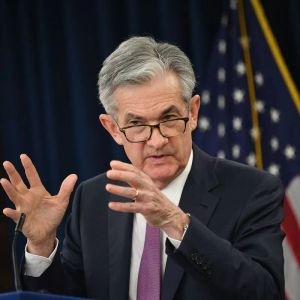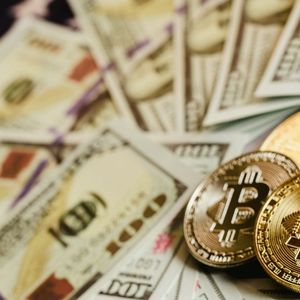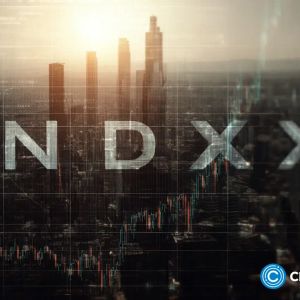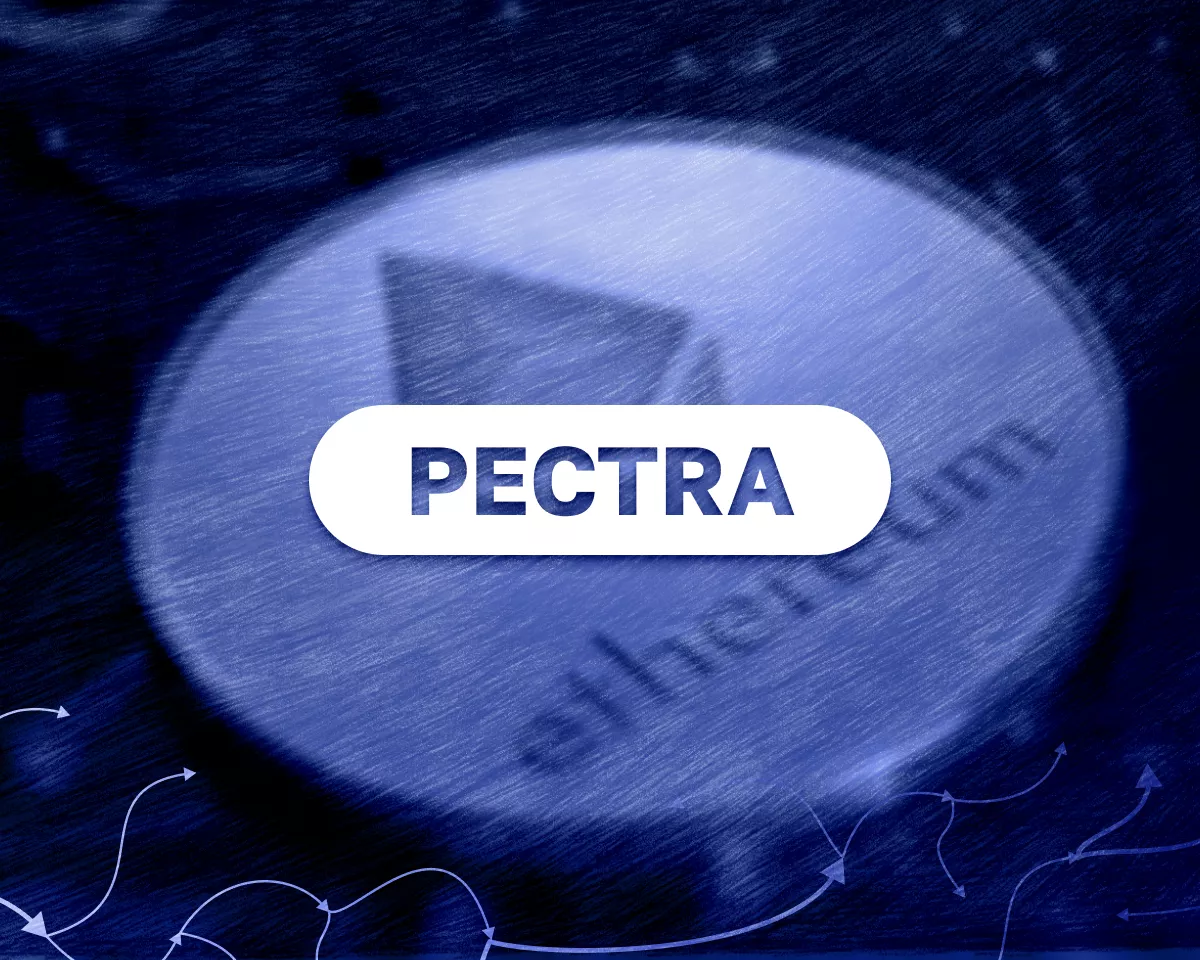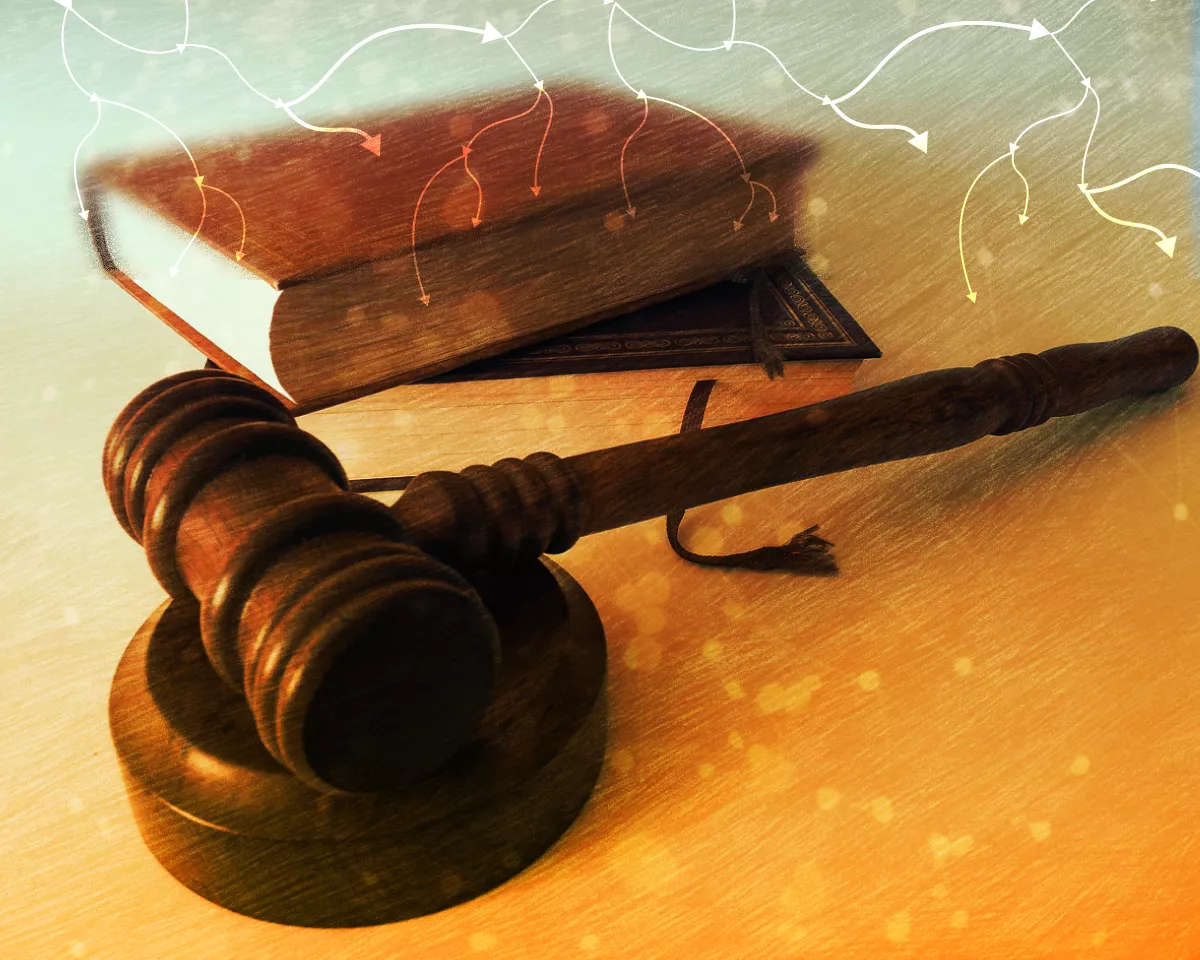The intersection of politics and cryptocurrency is becoming increasingly complex, and a recent move by a U.S. Senator highlights the growing concerns around potential conflicts of interest. The emergence of assets like the Trump Meme Coin has sparked debate, leading one lawmaker to take direct action aimed at curbing what he sees as blatant self-dealing in the digital asset space. This development signals a significant moment in the ongoing discussion around Meme Coin Regulation and the broader landscape of US Crypto Regulation . Senator Chris Murphy Takes Aim at Political Crypto U.S. Senator Chris Murphy (D-CT) has stepped into the spotlight with a legislative proposal designed to prevent U.S. officials from leveraging their positions for personal financial gain through investments like cryptocurrencies and securities. According to reports, Senator Murphy has introduced the “MEME Act,” a bill specifically crafted to address concerns around self-dealing. The acronym ‘MEME’ itself is a pointed reference, clearly indicating the types of assets drawing legislative scrutiny. Senator Murphy’s motivation appears to be directly linked to prominent examples of politicians engaging with digital assets that may benefit them financially. He explicitly cited the promotion of the Trump Meme Coin as a prime example of the kind of behavior his bill aims to prohibit. This move underscores a growing sentiment among some lawmakers that the burgeoning world of Political Crypto requires clear ethical boundaries. The core of the MEME Act, as described, is to ban U.S. officials – a category that includes the President and other high-ranking government figures – from promoting financial instruments in which they have a personal stake. This isn’t just about cryptocurrencies; it extends to traditional securities as well. However, the bill’s name and the context in which it’s being introduced clearly place meme coins and the crypto market at the forefront of this legislative effort. What is the MEME Act and Why Now? The proposed MEME Act seeks to establish a clear legal barrier preventing government officials from using their platform or influence to boost the value of assets they own. While existing ethics rules address conflicts of interest, Senator Murphy’s bill suggests these rules may not be sufficient or explicit enough when it comes to newer asset classes like cryptocurrencies, particularly those with direct ties to political figures. Key aspects of the MEME Act likely include: Defining “U.S. Officials”: Clarifying who is covered by the ban, likely including elected officials, appointed officials, and potentially their immediate families. Defining “Promoting”: Establishing what constitutes promotion of a financial interest. This could range from explicit endorsements to more subtle mentions or actions that could influence market perception. Scope of Assets: Explicitly including cryptocurrencies (with a potential focus on meme coins or politically-themed tokens) alongside traditional securities. Enforcement Mechanisms: Outlining how the ban would be enforced and what penalties officials might face for violations. The timing of this bill is crucial. It comes as discussions around comprehensive US Crypto Regulation are intensifying on Capitol Hill. Lawmakers are grappling with how to oversee the crypto market, protect investors, and prevent illicit activity. Against this backdrop, the high-profile nature of assets like the Trump Meme Coin and the public figures associated with them has seemingly accelerated calls for specific rules addressing potential ethical breaches. The Trump Meme Coin Controversy The specific mention of the Trump Meme Coin by Senator Chris Murphy highlights a particular flashpoint in the political crypto space. While many meme coins are based on internet jokes or cultural trends, a subset has emerged directly tied to political figures or movements. These tokens often gain value based on speculation, community hype, and their connection to the personality they represent. The controversy arises when the individual associated with the coin is also a public official or a candidate for office. Critics argue that any action or statement by that individual that could be perceived as positive towards the crypto market, or even just increasing their overall public profile, could inadvertently (or intentionally) benefit the value of a token tied to them. This creates a potential conflict of interest, where an official’s public duties or political activities could be influenced by their personal financial holdings or those of their associates. Senator Murphy’s characterization of the promotion of such coins as “blatant corruption” reflects the strong negative sentiment some feel towards this phenomenon. It raises questions about the ethics of officials holding or appearing to endorse assets whose value is so directly linked to their own political fortunes or public statements. Is Political Crypto Inherently Problematic? The rise of Political Crypto raises complex questions. On one hand, digital assets can be seen as another form of investment, and individuals, including politicians, have the right to invest. On the other hand, the unique nature of meme coins and politically themed tokens, combined with the power and influence wielded by public officials, creates a potential for abuse that may exceed that of traditional investments. Arguments against officials holding or promoting such assets include: Conflict of Interest: Decisions or statements made in their official capacity could impact the value of their holdings. Market Manipulation Risk: A public figure’s endorsement could cause significant, speculative price swings that harm uninformed investors. Erosion of Public Trust: It can create the perception that officials are prioritizing personal wealth over public service. Unfair Advantage: Officials may have access to information or influence that gives them an edge in the market. However, defining the line can be tricky. Does attending a crypto conference constitute promotion? What about simply owning crypto assets? The MEME Act aims to draw a clearer line, focusing specifically on active “promotion” of assets where the official has a personal financial interest. Navigating the Challenges of Meme Coin Regulation Regulating meme coins presents unique challenges compared to more traditional financial assets or even cryptocurrencies with clear utility. Their value is often driven by intangible factors like community sentiment, social media trends, and celebrity endorsements rather than underlying technology or business models. Key challenges for Meme Coin Regulation include: Defining a Meme Coin: How do you legally define a meme coin distinct from other cryptocurrencies or securities? Volatility: Their extreme price swings make them high-risk, potentially leading to significant losses for investors, but also making them attractive targets for pump-and-dump schemes. Decentralization vs. Centralization: While some crypto projects are genuinely decentralized, others have central figures or teams, making it easier to identify responsible parties for regulation. Meme coins often blur this line. Global Nature: Crypto markets are global, making enforcement of national regulations complex. Despite these challenges, the push for regulation, exemplified by Senator Chris Murphy ‘s MEME Act, indicates a growing resolve among some policymakers to bring more oversight to this corner of the market, especially when it intersects with political figures. Broader Implications for US Crypto Regulation The MEME Act, while focused on official conduct and specific assets like the Trump Meme Coin , is part of a larger legislative trend concerning US Crypto Regulation . Congress and various regulatory bodies are actively debating and proposing rules covering a wide range of crypto activities, including exchanges, stablecoins, NFTs, and decentralized finance (DeFi). This bill could potentially set a precedent for how officials’ interactions with the crypto market are viewed and regulated. It signals that lawmakers are paying close attention not just to the technology itself, but to the ethical implications of its adoption and promotion, particularly by those in positions of power. The debate around this bill will likely touch upon fundamental issues like free speech, the definition of a security, and the appropriate scope of government oversight in rapidly evolving markets. As lawmakers advance digital asset regulations, the focus on preventing self-dealing and maintaining public trust is becoming increasingly prominent. What Does This Mean for Investors and the Public? For investors in meme coins or other cryptocurrencies, this legislative action highlights the inherent risks, including regulatory uncertainty. It underscores that assets tied to personalities or fleeting trends are subject to unique pressures, including political scrutiny. For the public, the MEME Act is presented as a measure to safeguard against corruption and ensure that officials are acting in the public interest, not their personal financial interest. It’s a reminder that as new technologies emerge, the ethical frameworks governing public service must adapt. Actionable insights from this development: Stay Informed: Keep track of legislative developments like the MEME Act and other proposed US Crypto Regulation . Understand Risks: Be aware that meme coins and political tokens carry significant risks, including volatility and potential regulatory action. Demand Transparency: Support calls for greater transparency regarding the financial holdings and potential conflicts of interest of public officials. Engage in the Debate: Understand the arguments for and against stricter Meme Coin Regulation and make your voice heard if possible. Conclusion: A Crucial Step in Defining Ethical Boundaries? Senator Chris Murphy ‘s introduction of the MEME Act represents a pointed effort to address perceived ethical lapses at the intersection of politics and the digital asset market. By specifically targeting the promotion of personal financial interests through assets like the Trump Meme Coin , the bill aims to draw a clear line against self-dealing by U.S. officials. While the path to becoming law is uncertain and the bill is likely to face debate and potential challenges, its introduction is a significant development. It brings the controversial world of Political Crypto into sharp legislative focus and highlights the growing urgency felt by some lawmakers to establish clear ethical boundaries within the broader framework of US Crypto Regulation . The outcome of this legislative effort could have lasting implications for how public officials interact with digital assets and for the future of Meme Coin Regulation itself. To learn more about the latest US Crypto Regulation trends, explore our article on key developments shaping Meme Coin Regulation and Political Crypto policy.




